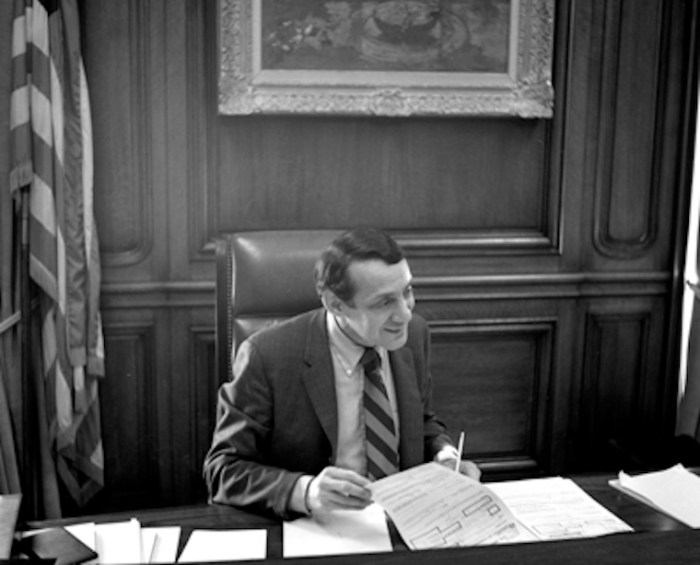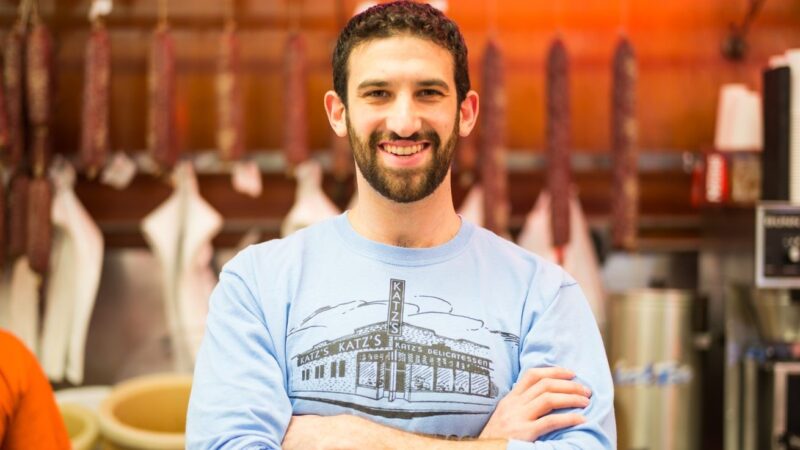Erin Bolger had a vision of what she wanted her maiden manuscript to look like in published form: A country-meets-city cookbook with punchy colours, vivid photographs and an openness about herself at the “heart” of the book.
“I thought publishers might want to take that out and make it a little more safe,” said the Toronto-via-Blyth, Ont. author. “They might want to change the title or direction of the book.”
Instead, she took the reins — and complete creative control — before publishers could, opting to self-publish The Happy Baker: A Dater’s Guide to Emotional Baking. Using connections she made working as a makeup artist and in television, Bolger hired a photographer and designer and sought out an Ottawa printer to turn her literary loaf from dough to dessert.
But it didn’t come without work. “With self-publishing, you’re doing everything,” said Bolger, who estimates she worked 12 hours a day for a year, “I’m the one driving my books to the Chapters distribution centre. I still have to do all my own PR.” And as someone who had never entered debt, going $45,000 into the red was a setback she took on largely because of wider economic circumstances. “In a way, the economy being the way it was, was the reason I decided to do it. Everybody was in debt. I just thought I’d be in debt with everyone else.”
By Keith Ogorek’s measure, it may have been Bolger’s best bet. The vice president of marketing for Bloomintgon, Ind.-based Author Solutions, a network of self-publishing companies, said money woes have categorically affected traditional publishers, who are acquiring less content and investing more in “celebrity author” sure bets instead of up-and-coming writers.
“It’s really squeezed the market, including an author’s ability to get their books into the market and develop a following,” he said. “Self-publishing allows an author to invest in their work, whereas before, they would have been completely and fully dependent on a traditional publisher liking their work.”
And the price of a publisher picking up an unknown’s work can be hefty, yielding a new author about one dollar per book. But Ogorek said direct distribution enables authors to earn higher royalties, a trend he said is akin to what’s already happened in film and music. “Artists (who) really believe in their work have circumvented the traditional major channels to invest in their own films and distribution, music and recordings. Now, it’s become the same trend in publishing.”




















